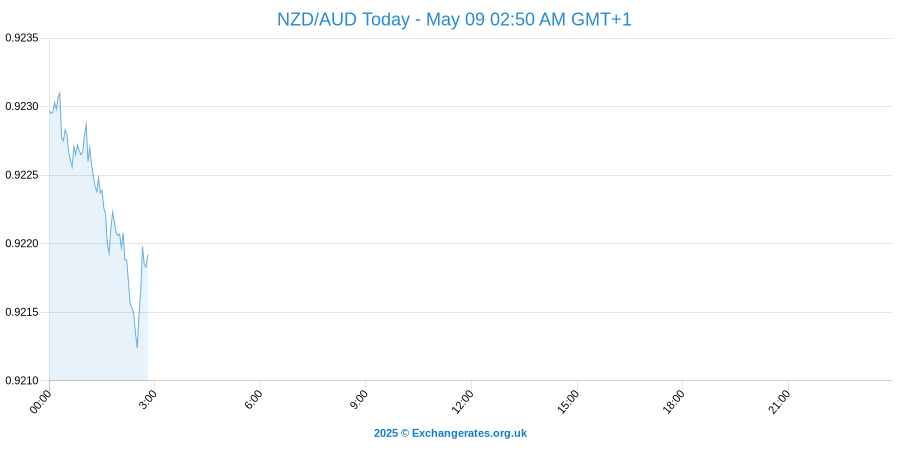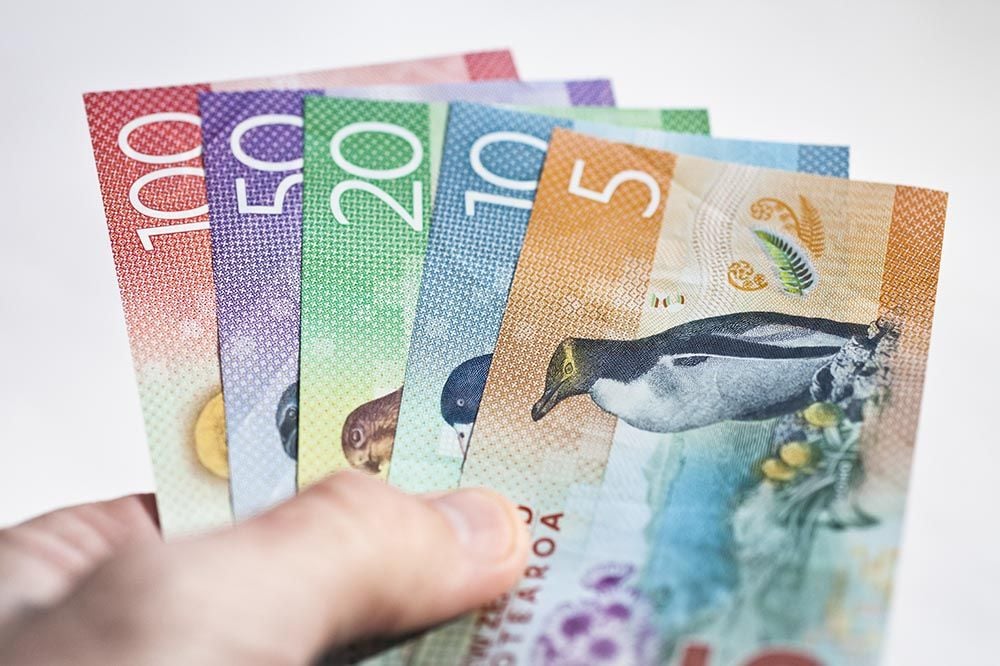
Weaker than expected GDP growth in Q2 and expectations of a rate hike by the Federal Reserve have been putting additional pressure on the currency in recent months, as well as the devaluation of the yuan and ongoing turmoil in emerging markets. The currency depreciated steadily over the course of the year, largely due to the sharp fall in dairy prices, the country’s key export market. Despite a slight recovery in recent days, the NZD has been broadly stable since then. The New Zealand dollar (NZD) depreciated to 0.63 NZD per USD on 7 September, which was 5.5% weaker than on the same day of the previous month and 24.8% weaker than on the same day of the previous year, bringing the exchange rate to the lowest level in over six years. When working out the amount in New Zealand dollars to include in your GST return, you may use a sell NZD rate, a buy NZD rate or a midpoint rate.New Zealand - Exchange Rate New Zealand Dollar weakens to multi-year low in September If you have chosen to not show amounts in New Zealand currency at the time of supply, you cannot change it for a period of 24 months after you made that choice, unless agreed otherwise with us.

You will need to convert your sales of low-value goods to NZ customers into NZ dollars for each return you file. You will also need to use amounts in NZ currency when filing your GST return. However, different exchange rates may be used for distinct parts of your business, provided the exchange rate chosen for each respective part of the business is used consistently within that part.Ĭurrency conversion when determining the amount of GST payable If you change the exchange rate you use with the purpose of affecting whether goods are low value goods, you will not have used the rate consistently and, will not have followed the requirements. You may only change the exchange rate you use, or your schedule for sourcing and updating the exchange rate in your systems if you have sound commercial reasons for doing so. You cannot test and select a more favourable exchange rate at other times or decide not to accept the published rate at a scheduled time. This schedule must make sure rates will be updated at consistent and regular intervals, no more than 30 calendar days apart.
NZ US EXCHANGE RATES UPDATE
You may set a schedule to update your business systems with your chosen rate. Sourcing exchange rates and updating business systems (Amount expressed in a foreign currency) / (the supplier's chosen exchange rate on the conversion day) You convert foreign currency to New Zealand dollars using the following formula: This means you have a choice of using a sell NZD rate, a buy NZD rate or a midpoint rate when converting foreign currency amounts to establish whether GST applies. Spot exchange rate that applies at the time of supplyĪpart from the requirement that your chosen exchange rate be used consistently, there are no restrictions on the specific type of exchange rate that you may use for converting foreign currency amounts. The practice for sourcing the rate must be consistent if a rate is used other than the: an exchange rate provided by a foreign exchange organisation or foreign exchange data vendor.Įxchange rate means the unit of foreign currency per New Zealand dollar, published within 30 calendar days of the conversion time.the Reserve Bank of New Zealand (RBNZ) rate, or a reference rate published by another central bank.the rate published by the New Zealand Customs Service.the spot exchange rate applying at the time of supply.Overseas suppliers may use any one of the following exchange rates: If you have not chosen to charge GST on supplies of high-value goods (goods with a customs value above $1,000).

If it is unclear whether a good you sell in another currency has a customs value exceeding NZ$1,000 or not.When currency conversion to New Zealand dollars is necessary The cost of international transport and associated insurance of the item between leaving the country of export and being delivered in New Zealand. duty payable by the supplier under the Customs and Excise Act 2018.This does not include any amounts charged by the supplier for: The value of an imported item is the price the item is sold for. To do this you may need to convert your currency to NZ dollars. You will have to work out the "customs value" in New Zealand dollars of goods you sell to work out if you should charge GST on sales of low-value goods imported into New Zealand.


 0 kommentar(er)
0 kommentar(er)
